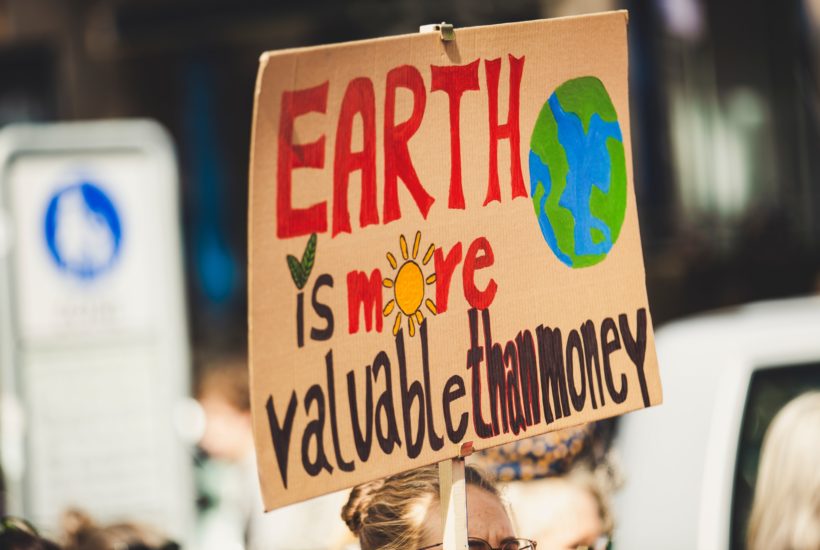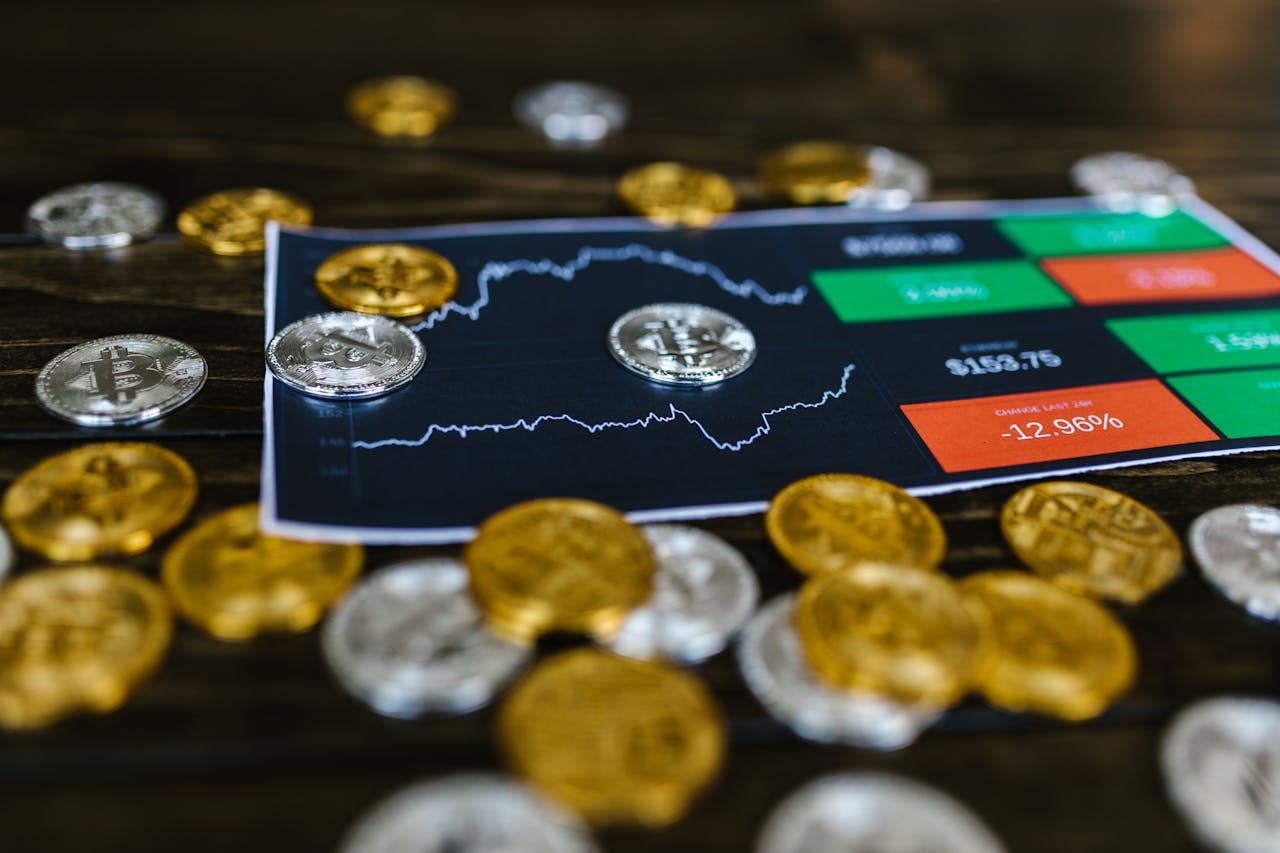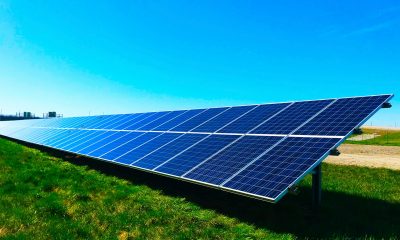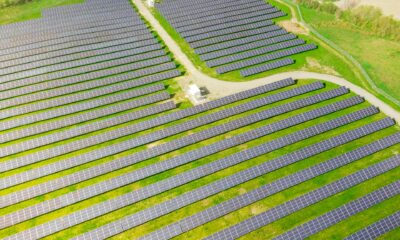Featured
Is it Profitable to Bet on Sustainable Investments?
A good way to start in the world of sustainable investments is to bet on ETFs. There are thousands, but the important thing is to choose those that are linked to the green sector. “There is a wide range of sustainable alternatives ranging from some linked to decarbonization to others directly linked to climate change, such as renewable energies,” explains Figueroa.

Sustainable investments are at an all-time high. Different companies have bet on boosting this sector and the profitability of different instruments is growing.
Last year Goldman Sachs announced investments of $750 billion to finance and advise companies seeking sustainable practices, while a recent report by Morningstar -one of the world’s leading financial services companies- determined that sustainable funds will reach a record $1.7 trillion by 2020.
“Currently, the existence of sustainable investments in portfolios is indispensable and these have demonstrated significant resilience in terms of returns. During 2020, for example, 81% of a globally representative selection of sustainable indexes outperformed their benchmarks,” said Sebastián Figueroa, segment manager Wealth at BlackRock Chile.
Of course, the vast majority of these investments are international. Rodrigo Castro, an executive at Vector Capital, says that “the range of products available is not so wide to invest from Chile.”
Despite being an industry with promising results, it is very broad and sometimes difficult to understand. How to start and which instruments to choose? Below, an explanation of everything you need to know.
Read more on the subject and find the most important financial news with the Born2Invest mobile app.
Diversification and long term: ETFs
A good way to start in the world of sustainable investments is to bet on ETFs. There are thousands, but the important thing is to choose those that are linked to the green industry. “There is a wide range of sustainable alternatives ranging from some linked to decarbonization to others directly linked to climate change, such as renewable energies,” explains Figueroa.
One might be the iShares Global Clean Energy (ICLN), which has more than $6 billion of assets in clean energy companies. In the last year, it has returned more than 36%. Another that experts recommend is ALPS Clean Energy (ACES), which is up 180% over five years. There’s also Invesco WilderHill Clean Energy (PBW), which has seen a 41% increase over the past 12 months.
“For more specific investments, there are some like TAN, which targets solar energy directly, or PHO, which invests in the water industry,” said Boris Garafulic, CEO of Racional, a Chilean fintech that offers various investment assets.
The most popular: green bonds
Another alternative, for those who already have experience in the investment world, is green bonds. They are a type of debt issued by public or private institutions to finance sustainable projects in areas such as renewable energy, energy efficiency or clean transportation.
“The bonds are traded on public secondary markets, such as the Santiago stock exchange. Although the Chilean market is not very deep, opportunities appear from time to time. It is a very regulated market and with a safe return although not very high,” says Andrés González, CEO of eGreen, a digital asset based on carbon bonds. But he warns: “The investment is not 100% green, as they only contain some environmental components. They still pollute.
Green crypto?
“Crypto pollutes.” It’s an oft-heard opinion in investor circles. And it’s true. In fact, Bitcoin mining generates around 37 million tons of carbon dioxide per year. However, there are some that are specifically created to ensure cleaner transactions.
“For example, there is Ethereum 2.0 (ETH), Cardano (ADA), Polkadot (DOT) and Stelar Lumens (XLM),” says Joel Vainstein, co-founder of Orionx, a platform for buying these financial instruments. He adds, “These assets, like most crypto, are highly volatile, and the increase in their market valuation is not assured.”
There are also the EGRN Coins, which are, in the words of Andres Gonzalez, “a cryptoasset of measured and immediate environmental impact, where you choose a project that measures its impact in carbon credits and the return is given by the future growth of the value of that instrument”. And he adds: “They are being projected as the next most important commodity at a global level. This has been reflected in the increase of its value by more than 100% in less than a year”.
The key indexes
One of the most relevant elements to enter the world of investments are the indexes, since they allow us to measure, with a single piece of data, the “health” of a particular industry. Which ones can help us when we talk about green investments?
One of them is the Vigeo Eiris, which evaluates different organizations on three key factors: social, environmental and governance. There is also the Dow Jones Sustainability Index (DJSI), a set of several sustainability indexes that integrate high-performing companies. And you can also check Sustainalytics, a Morningstar rating that measures the three ESG elements in different firms.
These measurements are key when it comes to investing in ETFs, stocks, or bonds, as there are more and more “false greens”; companies that do not meet sustainability requirements.
__
(Featured image by Markus Spiske via Unsplash)
DISCLAIMER: This article was written by a third party contributor and does not reflect the opinion of Born2Invest, its management, staff or its associates. Please review our disclaimer for more information.
This article may include forward-looking statements. These forward-looking statements generally are identified by the words “believe,” “project,” “estimate,” “become,” “plan,” “will,” and similar expressions. These forward-looking statements involve known and unknown risks as well as uncertainties, including those discussed in the following cautionary statements and elsewhere in this article and on this site. Although the Company may believe that its expectations are based on reasonable assumptions, the actual results that the Company may achieve may differ materially from any forward-looking statements, which reflect the opinions of the management of the Company only as of the date hereof. Additionally, please make sure to read these important disclosures.
First published in DF MAS, a third-party contributor translated and adapted the article from the original. In case of discrepancy, the original will prevail.
Although we made reasonable efforts to provide accurate translations, some parts may be incorrect. Born2Invest assumes no responsibility for errors, omissions or ambiguities in the translations provided on this website. Any person or entity relying on translated content does so at their own risk. Born2Invest is not responsible for losses caused by such reliance on the accuracy or reliability of translated information. If you wish to report an error or inaccuracy in the translation, we encourage you to contact us.

-

 Crypto2 weeks ago
Crypto2 weeks agoCaution Prevails as Bitcoin Nears All-Time High
-

 Fintech2 days ago
Fintech2 days agoOKX Integrates PayPal to Simplify Crypto Access Across Europe
-

 Africa1 week ago
Africa1 week agoBridging Africa’s Climate Finance Gap: A Roadmap for Green Transformation
-

 Business1 week ago
Business1 week agoThe TopRanked.io Weekly Digest: What’s Hot in Affiliate Marketing [uMobix Affiliate Program Review]
























